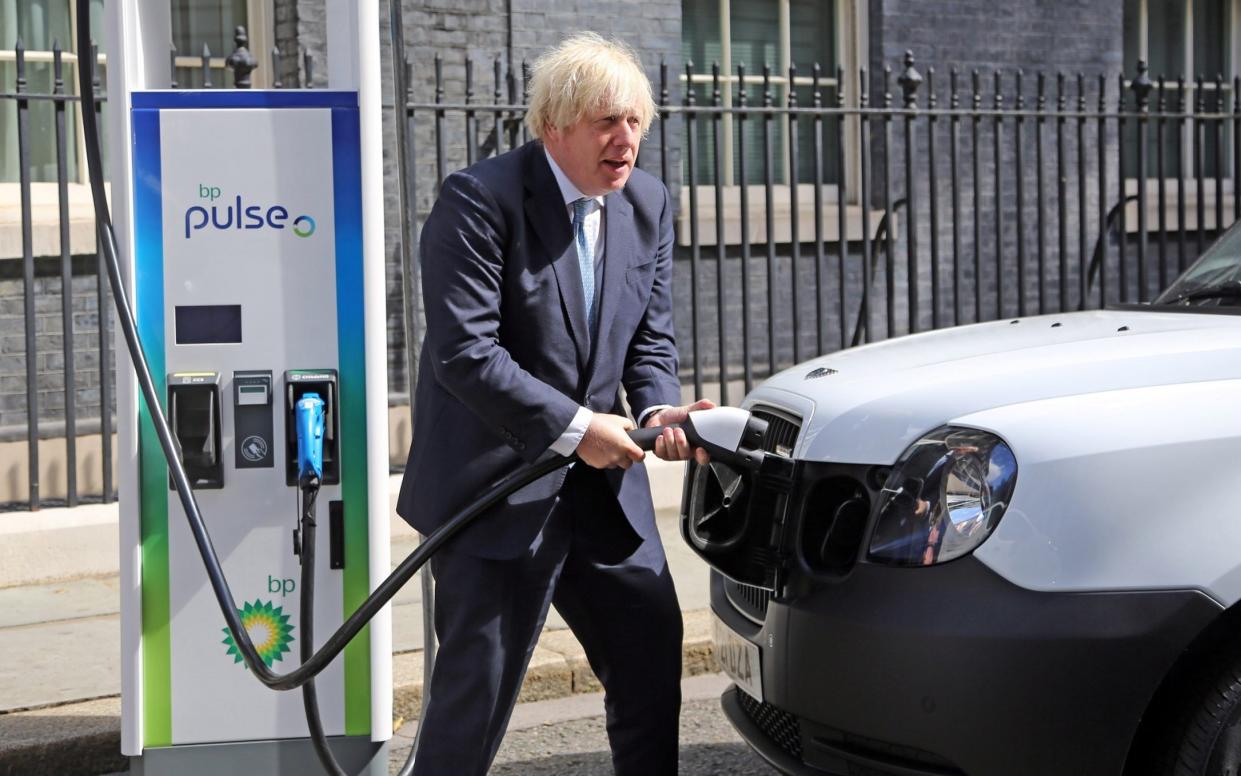Don't kid yourself: electric cars won't save you money

Does anyone really believe that owning an electric car will end up saving them money? If you have fallen for the claims that lower running costs will more than make up for the higher purchase price of an electric car then you haven’t spotted something rather large that is barrelling down the middle of the road straight towards you: road pricing.
It would be easy to write off today’s report by the Tony Blair Institute for Global Change -- which calls for road-pricing -- as the work of a powerless and frustrated man trying to re-live his glory days as Prime Minister. Blair, you might just remember, attempted to lumber road-pricing upon us in the dying days of his premiership but was beaten back by public opposition. But he has a point. The switch to electric cars is going to cost the Treasury so much -- £30 billion a year or the equivalent of six pence on income tax by 2040 according to Blair’s institute – that it is simply going to have to try to recoup that cost somehow. If it isn’t in the form of jacking up taxes on electricity – a political impossibility given that the government will be simultaneously trying to persuade us to dump our gas boilers for heat pumps – it is likely to come in the form of charging us for every mile we drive on the roads.
Yes, owners of electric cars currently pay less for their energy than do drivers of petrol and diesel cars, but it is not a fair comparison because it ignores the tax differential. For every pound you spend on petrol or diesel, around 60 pence goes to the Exchequer in tax. Charge your electric vehicle at home, on the other hand, and you pay just five percent VAT. Take into account that pure electric vehicles pay zero Vehicle Excise Duty (VED) and, according to the calculations by Blair’s institute, electric vehicle-owners pay just two percent of the motoring taxes paid by drivers of petrol and diesel cars.
Just wait, then, until the government tries to make up its losses. You won’t be so impressed with your electric vehicle then, not when the whole of Britain is peppered with London congestion charge-style levies. It is a precondition of road pricing schemes that all vehicles are monitored constantly. We will have to be followed around, either through an enhanced network of number plate recognition cameras or by GPS devices fixed in our cars. Every journey we make will logged and the data stored. Given how DVLA already co-operates with private parking companies by flogging them our home addresses, don’t be surprised if it assumes the right to start selling our mobility data to all kinds of marketing organisations who can then target us with ads tailored to which places we frequent.
Then there is the question of how we will be charged. If it is via a myriad of charges like those imposed in Central London and on the Dartford crossing we face a nightmare future of forever trying to remember where we have been and trying to pay online before the deadline expires for being charged a hefty fine. It would be less offensive if the system was rationalised and motorists were presented with a monthly bill, as happens, for example, with road tolls in Norway. But we face being ensnared all the same. Blair’s favoured proposal – which has been floated in the past – involves charging us variable rates according to the time of day and the level of congestion. Get delayed by an unexpected traffic jam and we face being stung even if we had tried to avoid the rush hour – it would be as if train passengers on a delayed off-peak train were made to pay an extra levy because the late-running of the service had pushed it into peak hours.
Over the next few years we are going to be enticed to buy electric cars on the promise that they will save us money in the long run. They won’t. We will just end up having to cough up in some other way.

